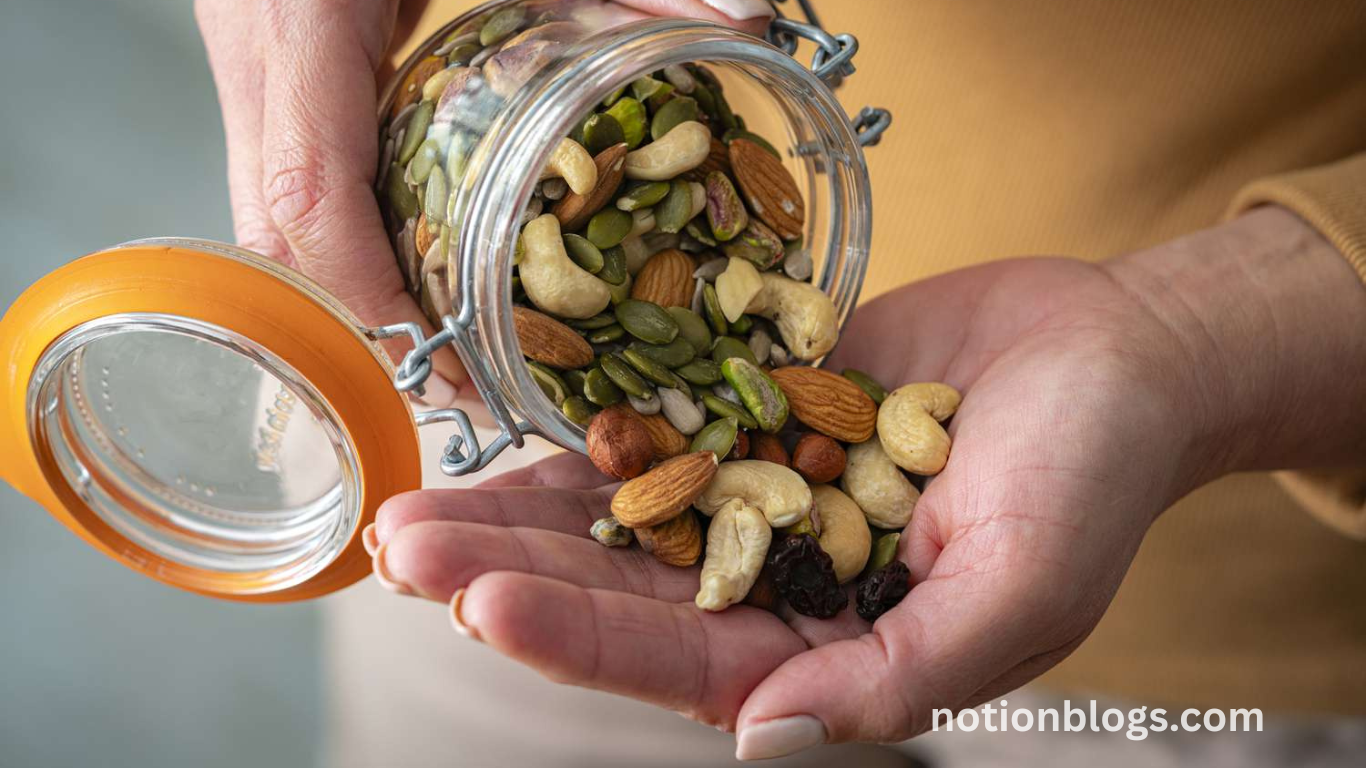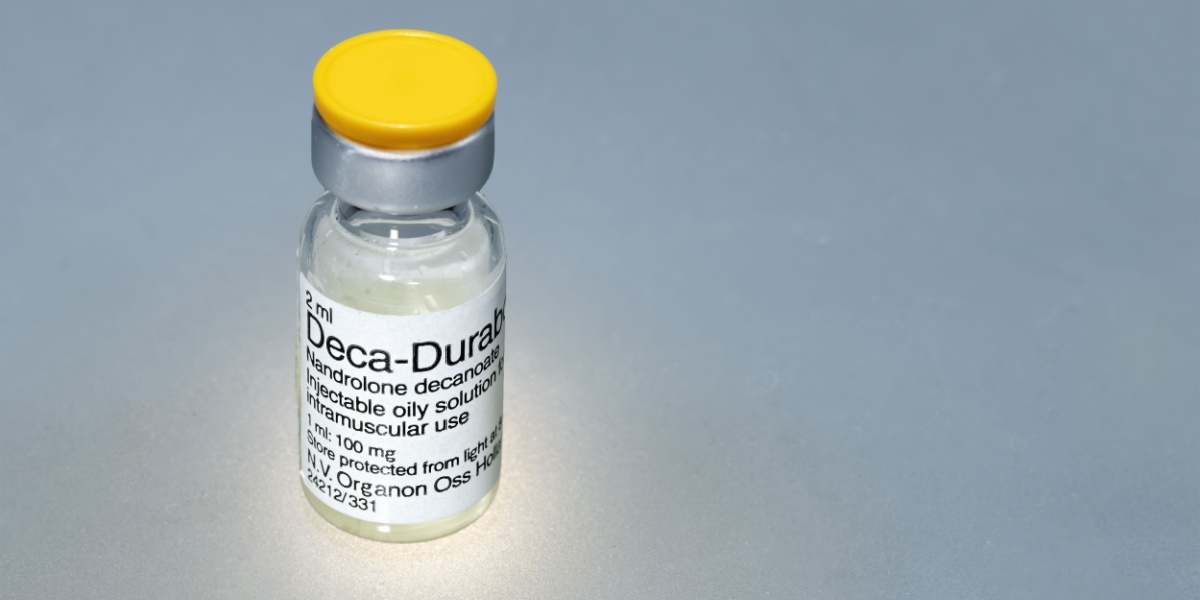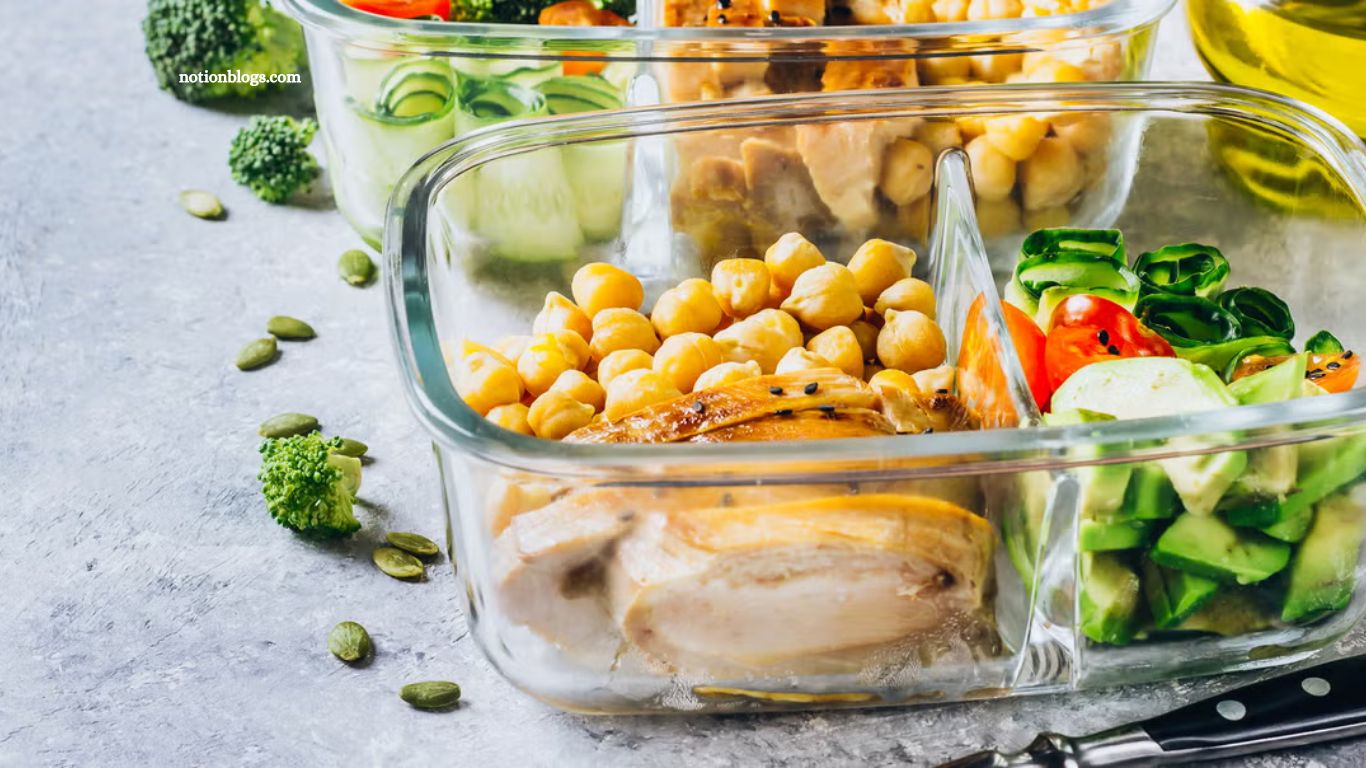For decades, doctors advised people with diverticulosis or a history of diverticulitis to avoid nuts, seeds, and popcorn. The belief was that small particles from these foods could become trapped in the diverticula—small pouches that form in the colon and trigger inflammation or infection. This led to widespread concern and dietary restrictions, especially among older adults.
However, modern research tells a different story. Contrary to outdated guidelines, several studies now suggest that nuts and seeds may not only be safe but could even be beneficial for digestive health. So, where did this myth originate, and what does science say today? In this article, we’ll unpack the history, explore the latest research, and help you understand whether you really need to avoid these foods if you have diverticulitis or diverticulosis.
Diverticulitis and the Role of Diet in Digestive Health
Diverticulitis is a condition where small pouches in the colon wall, called diverticula, become inflamed or infected. It often causes abdominal pain, fever, and changes in bowel habits. For years, diet has been seen as a contributing factor in both the prevention and management of this condition. People believed that certain hard or undigestible foods could cause blockages, leading to flare-ups. While some foods do influence digestive health, evidence suggests the relationship between diet and diverticulitis is more complex than previously assumed.
Where the Nuts and Seeds Myth Originated in Diverticulitis Management
The myth that nuts and seeds contribute to diverticulitis came from earlier assumptions rather than scientific proof. Physicians in the mid-20th century theorized that these foods might lodge in diverticula and cause irritation or infection. This recommendation was based on anecdotal reports and cautious logic, not on peer-reviewed evidence. Despite the lack of strong scientific backing, these guidelines were adopted widely and became standard dietary advice for decades.
Modern Research Findings on Nuts, Seeds, and Diverticulitis Risk
Recent studies, including large-scale prospective research from institutions like Harvard, have shown no increased risk of diverticulitis from eating nuts or seeds. In fact, some data indicate these foods might reduce the risk due to their high fiber and anti-inflammatory content. For example, a 2008 study published in JAMA found that men who consumed more nuts and popcorn actually had a lower risk of developing diverticulitis. This research has prompted many experts to revise their dietary advice for patients.
How Fiber-Rich Foods Like Nuts and Seeds Support Colon Health
Nuts and seeds are packed with dietary fiber, a nutrient known for promoting bowel regularity and preventing constipation—two key factors in managing diverticulosis and reducing the risk of inflammation. Fiber helps reduce pressure in the colon, potentially lowering the chances of the diverticula becoming inflamed. Moreover, nuts and seeds contain antioxidants and healthy fats that may support gut lining health and reduce systemic inflammation.
Comparing High-Fiber Foods: Are Some Better Than Others for Diverticulitis?
While fiber is beneficial, not all sources are equal when it comes to diverticulitis. Soluble fiber from oats, fruits, and vegetables can be gentler on the digestive tract during active flare-ups, while insoluble fiber (like in wheat bran or skins of certain seeds) may be more challenging to digest. However, in the absence of an acute episode, incorporating a variety of fiber sources—including nuts and seeds—is often recommended by gastroenterologists for maintaining overall colon health.
When to Avoid Certain Foods During a Diverticulitis Flare-Up
During an active diverticulitis flare, the colon becomes inflamed and sensitive. At this stage, a low-residue or liquid diet is typically advised to allow the gut to rest. That means avoiding fiber-rich foods temporarily—including nuts and seeds—not because they cause diverticulitis, but because they can be harder to digest during this sensitive period. Once symptoms resolve, patients can slowly reintroduce high-fiber foods under medical guidance.
Healthy Ways to Include Nuts and Seeds in Your Daily Diet
You can enjoy nuts and seeds in a variety of gut-friendly ways. Add ground flaxseed to smoothies, sprinkle chia seeds on yogurt, or snack on almonds between meals. Portion control is important—aim for a small handful daily. Choose raw or dry-roasted options without added salt or oils for maximum health benefit. Grinding or soaking seeds can also improve digestibility, especially for individuals new to high-fiber diets.
Talking to Your Doctor Before Changing Your Diverticulitis Diet
Before making dietary changes, it’s essential to consult with a healthcare provider, particularly if you’ve had past complications with diverticulitis. Individual tolerance levels vary, and your doctor or dietitian can help you tailor a plan that includes nuts and seeds in a safe, balanced way. A personalized diet strategy may involve a gradual increase in fiber intake, hydration advice, and symptom monitoring to find what works best for your condition.
Frequently Asked Questions
Do donuts and seeds cause diverticulitis?
No, recent research shows no evidence that nuts and seeds cause diverticulitis. They may actually be protective due to their fiber content.
Why were people told to avoid nuts and seeds with diverticulitis?
This advice was based on old theories that these foods could lodge in diverticula, but modern science has disproven this idea.
Can I eat nuts and seeds during a diverticulitis flare-up?
It’s best to avoid high-fiber foods during a flare. Stick to a low-residue or liquid diet until symptoms subside, then reintroduce fiber slowly.
Which nuts and seeds are most straightforward to digest?
Ground flaxseeds, soaked chia seeds, and smooth nut butter tend to be gentler on the digestive system than whole, raw varieties.
Are there any benefits of eating nuts and seeds for gut health?
Yes, they’re high in fiber, healthy fats, and antioxidants, all of which support a healthy colon and reduce inflammation.
How much fiber should I consume if I have diverticulosis?
Most experts recommend 25–30 grams of fiber daily from a variety of sources, including whole grains, fruits, vegetables, nuts, and seeds.
Should I consult my doctor before reintroducing these foods?
Absolutely. Your doctor can help guide you based on your medical history and digestive sensitivity to certain foods.
Can kids or teens with diverticular issues eat nuts and seeds?
Yes, unless advised otherwise by a doctor. However, diverticulitis is rare in young people, and general high-fiber diets are usually beneficial.
Conclusion
Nuts and seeds do not cause diverticulitis, according to current medical evidence. Instead, they may play a helpful role in maintaining gut health when consumed wisely. Rather than avoiding these nutritious foods altogether, please talk with your doctor about how to include them safely in your diet. Keeping your digestive system healthy often begins with informed, balanced choices.







